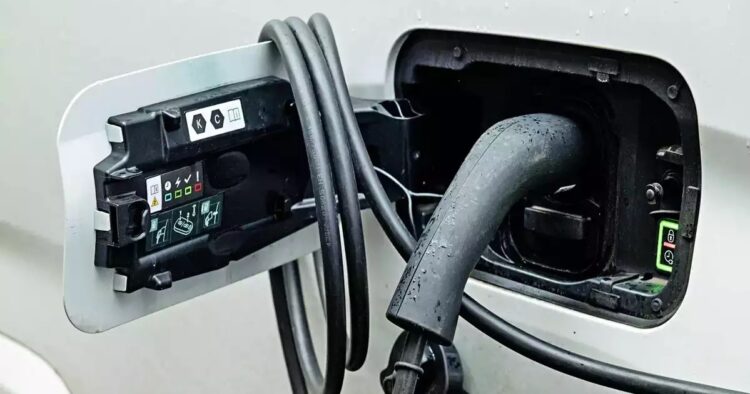Canada is thinking about putting import taxes on electric vehicles (EVs) made in China. Deputy Prime Minister and Finance Minister Chrystia Freeland announced that the government will seek public input on this idea starting July 2. Freeland mentioned that the domestic car industry faces unfair competition due to China’s policies, which she described as creating too many cars on purpose.
Freeland highlighted that Chinese manufacturers are flooding the global market with EVs, which hurts producers around the world, including those in Canada. She pointed out that both the United States and the European Union have similar concerns. To decide on the best course of action, Canada will hold a 30-day public consultation period.
In Vaughan, Ontario, Freeland told reporters that these public consultations will help the government decide if import taxes should be imposed. This move would also align Canada with its allies in Washington and Brussels.
Recently, US President Joe Biden announced significant tariff increases on various Chinese imports, including EVs. The European Commission is also planning to impose additional duties of up to 38.1 percent on Chinese EV manufacturers like BYD, Geely, and SAIC, as well as Chinese-made Tesla and BMW cars.
China has denied the allegations of unfair subsidies and overcapacity issues, claiming that its EV industry’s growth is due to technological advantages and efficient supply chains. An opinion piece in the Chinese state-backed Global Times urged Canada to remain rational and not disrupt economic exchanges with China for the sake of aligning with US policies.
Prime Minister Justin Trudeau’s government is under pressure from within Canada to take action against Chinese EVs. The Premier of Ontario, Canada’s largest province and main car manufacturing hub, recently called for a 100 percent tariff on Chinese-made EVs to protect local jobs.
ALSO READ: “Diplomatic Tensions Between Canada and India Cast Shadow Over G7 Summit Interaction”
Freeland did not provide specific details about what actions Canada might take or whether EV components like batteries would be included. However, she emphasized that all options are being considered, stating, “We’re not ruling anything out,” and indicating that the government is prepared to use its strongest trade tools.
In recent years, Canada has made significant investments to attract companies involved in all parts of the EV supply chain, aiming to strengthen its manufacturing sector in Ontario. The government’s decision on potential tariffs will be influenced by the upcoming public consultations and the broader goal of supporting the domestic EV industry.
















Comments